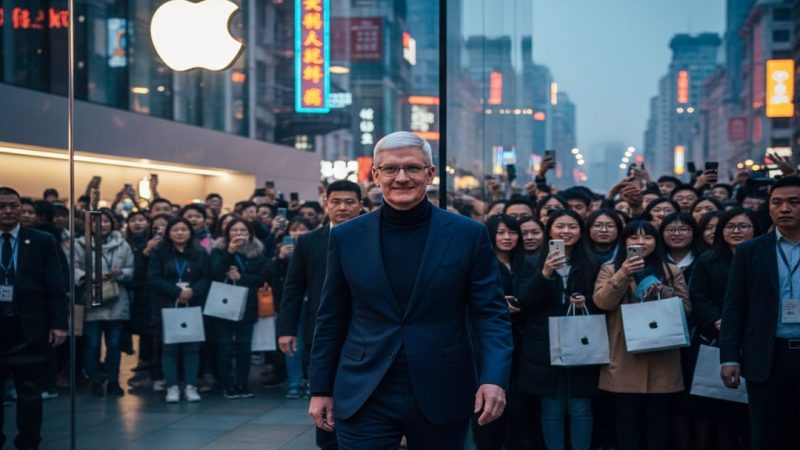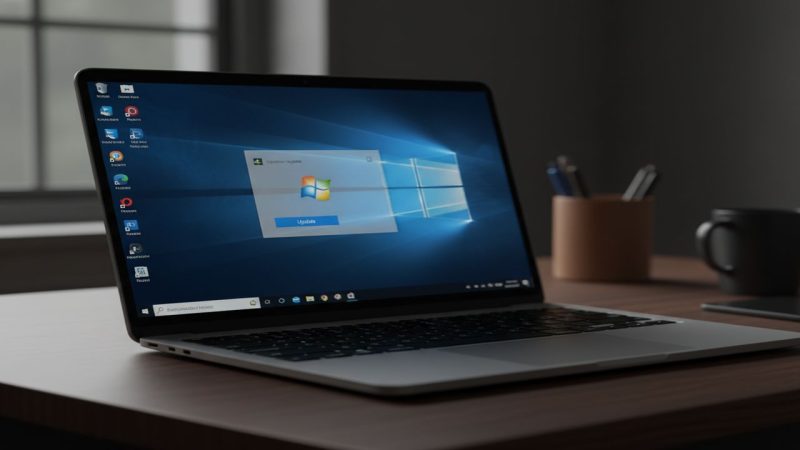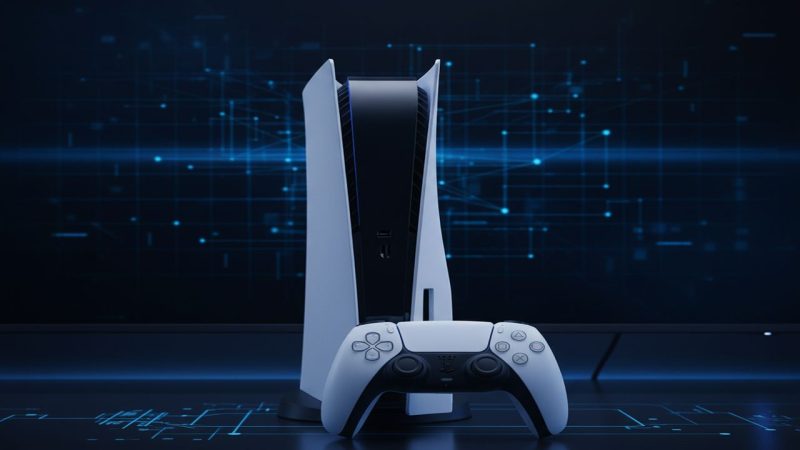Xiaomi 17, Xring chip, and EV push: what changed this week

TL;DR:
- Xiaomi skipped “16” and unveiled the Xiaomi 17 lineup on September 25.
- Lei Jun teased Xiaomi’s in-house Xring O1 chip at his annual talk.
- Xiaomi EV opened a Europe R&D and design center in Munich.
- Regulators flagged an SU7 assisted-driving issue, a fix is rolling out.
Reports say early 17 shipments sparked debate, but no order cuts.Xiaomi used its September 25, 2025 annual speech to reveal the Xiaomi 17 series and outline a bigger chip and car plan. The phones launch as Xiaomi’s new flagships for late 2025. The company also highlighted progress on its in-house Xring O1 chip and its EV roadmap.
In the same week, Xiaomi EV said it opened a Europe R&D and design center in Munich, a step toward its 2027 European market entry.
China’s regulator announced on September 19, 2025 that more than 115,000 SU7 sedans will receive an over-the-air software fix for an assisted driving issue.
On September 30, questions about early Xiaomi 17 demand surfaced after an analyst note, but a company executive said there were no plans to cut orders.
Xiaomi 17: key details
Xiaomi skipped the “16” branding and went straight to the Xiaomi 17 family. Company leaders framed the move as a reset and a direct swing at the top tier. Outlets covering the launch say the lineup debuts Qualcomm’s Snapdragon 8 Elite Gen 5 and comes in several trims. Pricing in China starts in the mid 4,000-yuan range, with higher tiers above that.
Xiaomi’s own launch copy highlights five upgrades across design, camera, performance, battery, and AI features in HyperOS. Expect faster image processing, stronger low-light shots, and on-device AI for photo and text tasks.
Will you get it outside China?
Xiaomi tends to ship China first, then select global markets. The company has not given full country lists yet. Watch local Xiaomi channels in October for rollout plans and bands. Past cycles suggest Europe and parts of Asia follow within weeks to months.
Xring O1: Xiaomi’s in-house chip
Lei Jun outlined the Xring O1 program as a multi-year bet on silicon control. Industry reporting around the event describes an expensive and risky first 3 nm tape-out at TSMC, but also a path to tighter hardware-software integration across phones and cars. Xiaomi says more technical details are coming after the 17 rollout.
If Xiaomi can ship Xring at scale, expect deeper power savings, faster on-device AI, and tighter camera pipelines. That could cut costs over time and reduce reliance on third-party chips for certain tasks.
HyperOS 3 and update cadence
Xiaomi’s software layer is moving to HyperOS 3, based on Android 16, with a visual refresh, performance gains, and new AI helpers for writing and images. A reported schedule points to rollouts starting October 2025 on recent Xiaomi, Redmi, and POCO models, with waves into early 2026. Always check the official device list for your region.
EV moves: Munich, supplier ties, and safety
Xiaomi EV opened a Europe R&D and design center in Munich on September 25, 2025. The unit supports the “Human x Car x Home” plan and readies teams for European entry targeted in 2027. The company has launched the SU7, SU7 Ultra, and YU7 in China and keeps adding software features.
Regulators said on September 19 that 116,000-plus SU7 cars need an OTA fix to improve assisted-driving behavior in edge cases. Xiaomi plans to update affected cars. This is the second major safety software action since launch.
On September 30, lidar maker Hesai said it will extend its strategic supply deal with Xiaomi EV through 2026 and 2027. Hesai already supplies sensors on SU7 and YU7. The tie-up signals long-term component planning for future models.
Market context and early reaction
Early chatter around Xiaomi 17 demand mixed skepticism with loyal fan interest. On September 29, an analyst claimed shipments may trail hopes. A day later, local media quoted a Xiaomi executive saying there were no cuts planned. Final success will depend on real sales this quarter and holiday demand.
At the same time, commentary around Xiaomi’s chip push argues that the first Xring tape-out cost near US$20 million, a sizable outlay for a custom part. The bet is that control over key IP will pay back in performance and cost over multiple product cycles.
What changes for buyers
Phones
- Expect faster performance and new camera tricks on the Xiaomi 17 line.
- If you own a recent Xiaomi, Redmi, or POCO device, watch for HyperOS 3 in October or later.
- Prices outside China are not final. Convert China prices only as a guide.
Cars
- If you drive an SU7 in China, install the September OTA when notified.
- European readers should not expect Xiaomi EV sales until closer to 2027. The Munich center is groundwork, not a retail launch.
Quick spec snapshot: Xiaomi 17 family
| Area | What to expect |
| Chipset | Snapdragon 8 Elite Gen 5 on launch devices |
| Cameras | Faster pipelines, better low light, new AI modes |
| Software | HyperOS 3 with Android 16 base |
| Availability | China first, global details pending |
| Price (China) | Starts in mid 4,000-yuan range, higher for Pro tiers |
Figures reflect launch coverage as of September 30, 2025.
Background for new readers
Xiaomi is a top smartphone brand with a fast-growing EV arm. It launched the SU7 in 2024 and added SU7 Ultra and YU7 in 2025. The firm’s phone software moved from MIUI to HyperOS in late 2023. The new Xring program aims to bring more compute in house for phones and cars.
Why it matters
Xiaomi is pressing on three fronts at once. The 17 series pushes into premium phones before the holiday season. Xring aims to secure core silicon for long-term edge AI gains. The Munich center sets up European EV entry. If these bets work, Xiaomi could improve margins and shorten feature cycles. If they slip, the company carries new costs while fighting Apple, Samsung, and strong China peers.
What happens next
- October 2025, HyperOS 3 updates start on recent phones.
- Q4 2025, watch first-month sales data for the 17 series.
- 2026, look for more Xring details and pilot devices beyond the 17 line.
- 2027, Xiaomi EV targets first European sales.
Related: How to pick a premium Android in 2025 → /buying-guides/premium-android-2025
Google Discover angle
This piece brings a single-week snapshot. It links launch facts to chip and EV moves, adds safety context, and gives next steps for buyers. It is not a rewrite of one source.
Sources:
- Xiaomi Newsroom, “Xiaomi 17: Five Major Upgrades for Comprehensive Advance,” https://www.mi.com/global/discover/article?id=5471 , published 2025-09-25.
- TechNode, “Xiaomi skips ‘16’ to launch Xiaomi 17 series next week, aims to take on iPhone,” https://technode.com/2025/09/17/xiaomi-skips-16-to-launch-xiaomi-17-series-next-week-aims-to-take-on-iphone/ , published 2025-09-17.
- Notebookcheck, “No Xiaomi 16 series: Xiaomi 17 lineup confirmed to debut this month,” https://www.notebookcheck.net/No-Xiaomi-16-series-Xiaomi-17-lineup-confirmed-to-debut-this-month-with-Snapdragon-8-Elite-Gen-5-onboard.1114668.0.html , published 2025-09-15.
- Reuters, “China’s Xiaomi to fix assisted driving issue for over 115,000 SU7s,” https://www.reuters.com/technology/chinas-xiaomi-fix-software-issue-su7-evs-over-assisted-driving-safety-hazard-2025-09-19/ , published 2025-09-19.
- ElectricCarsReport, “Xiaomi EV opens Europe R&D and Design Center in Munich,” https://electriccarsreport.com/2025/09/xiaomi-ev-opens-europe-rd-and-design-center-in-munich/ , published 2025-09-29.
- Xiaomi Global, “Xiaomi EV opens Europe R&D and Design Center in Munich,” https://www.mi.com/global/discover/article?id=5474 , published 2025-09-25.
- Pandaily, “Xiaomi 17 Series Shipments Below Expectations? Executive: No Plans to Cut Orders,” https://pandaily.com/xiaomi-17-series-shipments-below-expectations-xiaomi-executive-no-plans-to-cut-orders , published 2025-09-30.
- DIGITIMES Asia, “How a US$20M TSMC tape-out led to Xiaomi’s 3nm breakthrough,” https://www.digitimes.com/news/a20250930PD232/xiaomi-soc-3nm-tsmc-2025.html , published 2025-09-30.
- DIGITIMES Asia, “Lei Jun’s ten-year bet: Why Xiaomi chose hard road to chip design,” https://www.digitimes.com/news/a20250926PD236/xiaomi-ceo-smartphone-chips-soc.html , published 2025-09-26.
- Gasgoo, “Hesai Technology deepens ties with Xiaomi EV,” https://autonews.gasgoo.com/china_news/70039245.html , published 2025-09-30.







